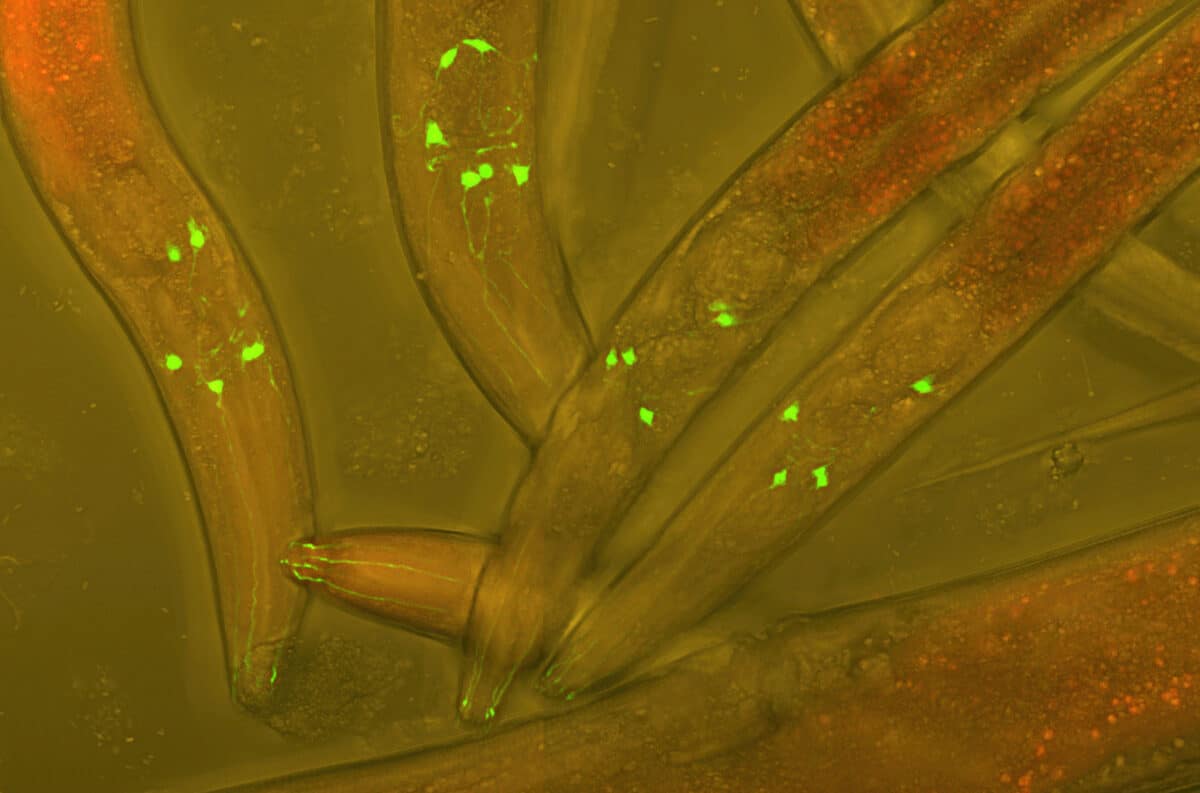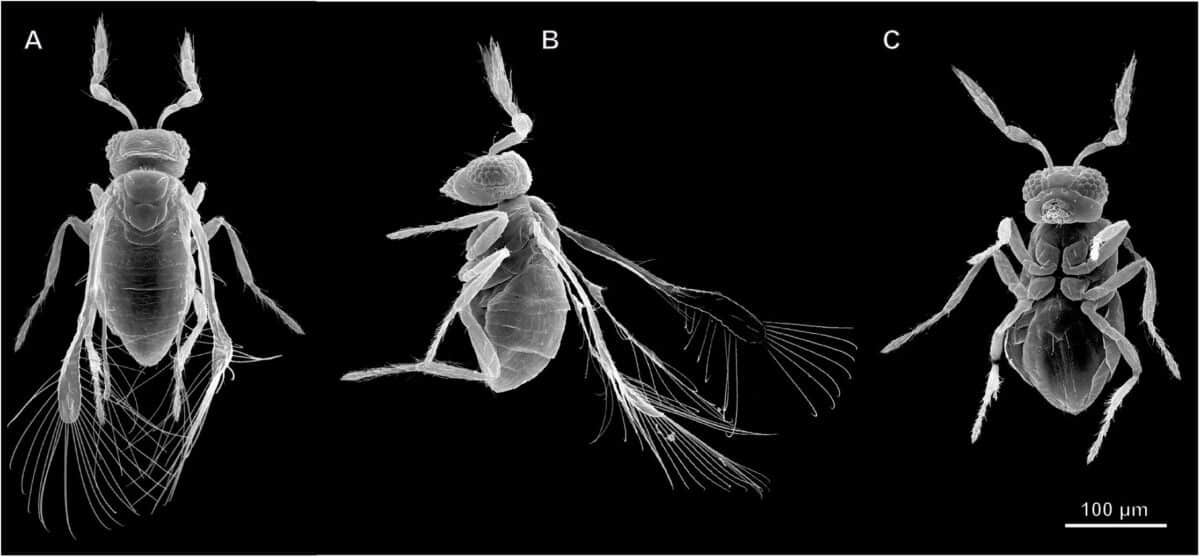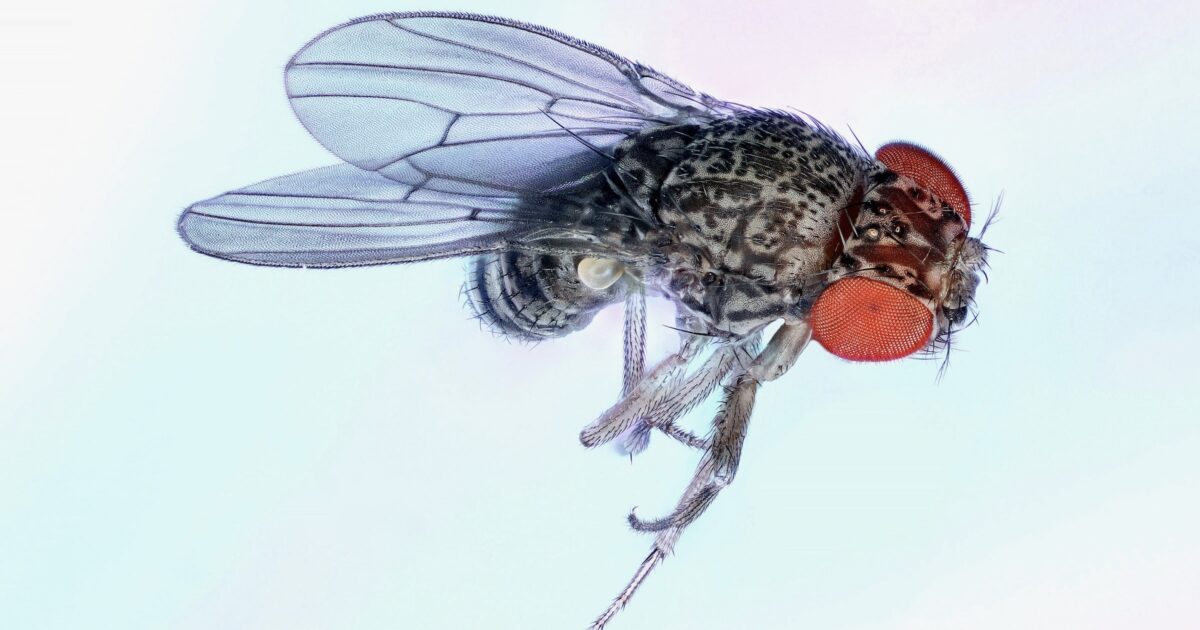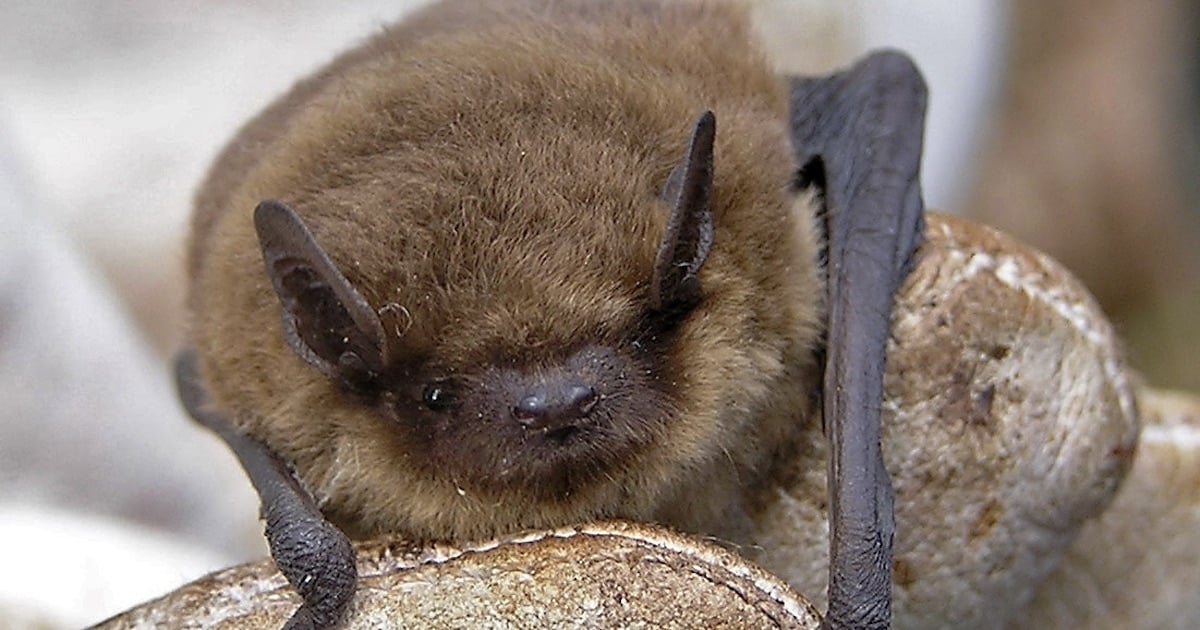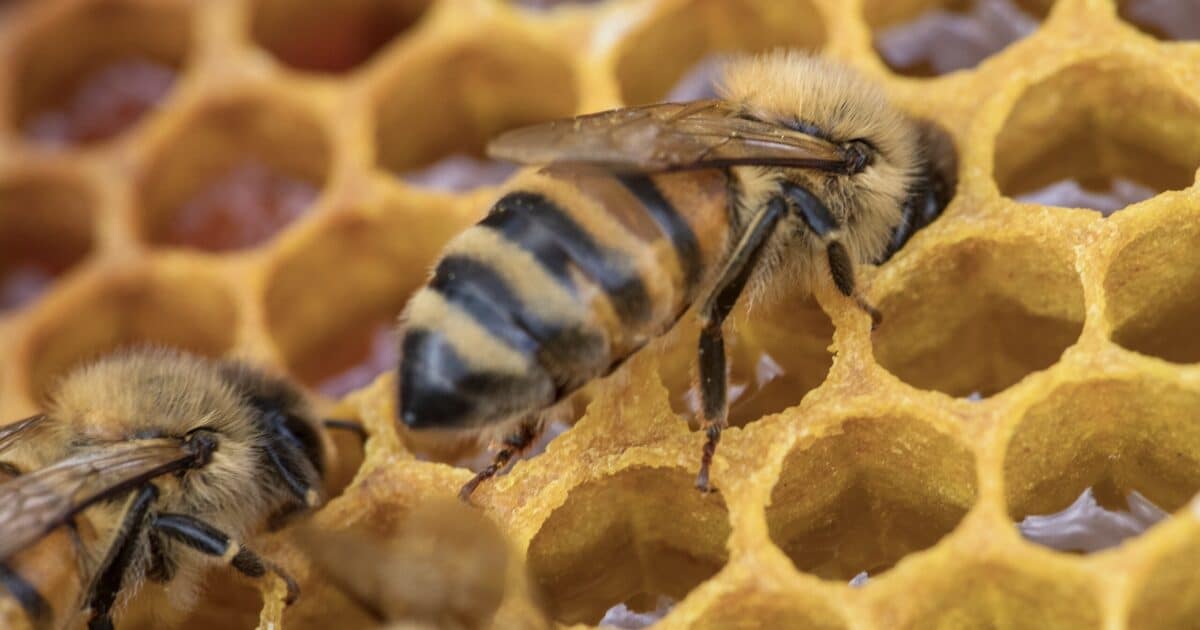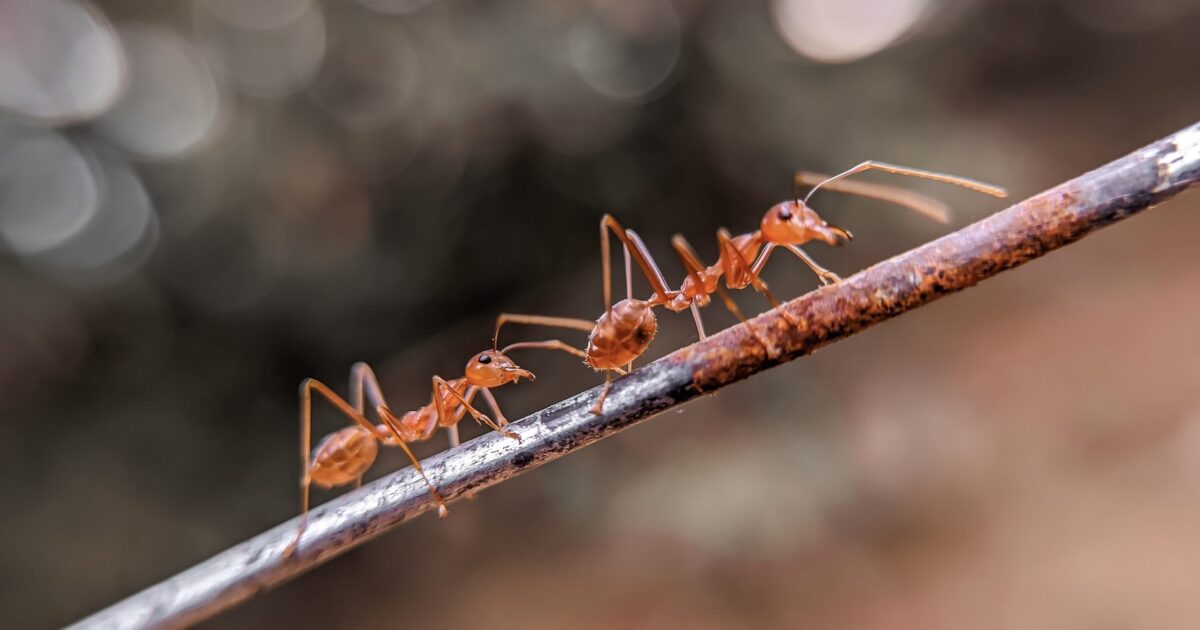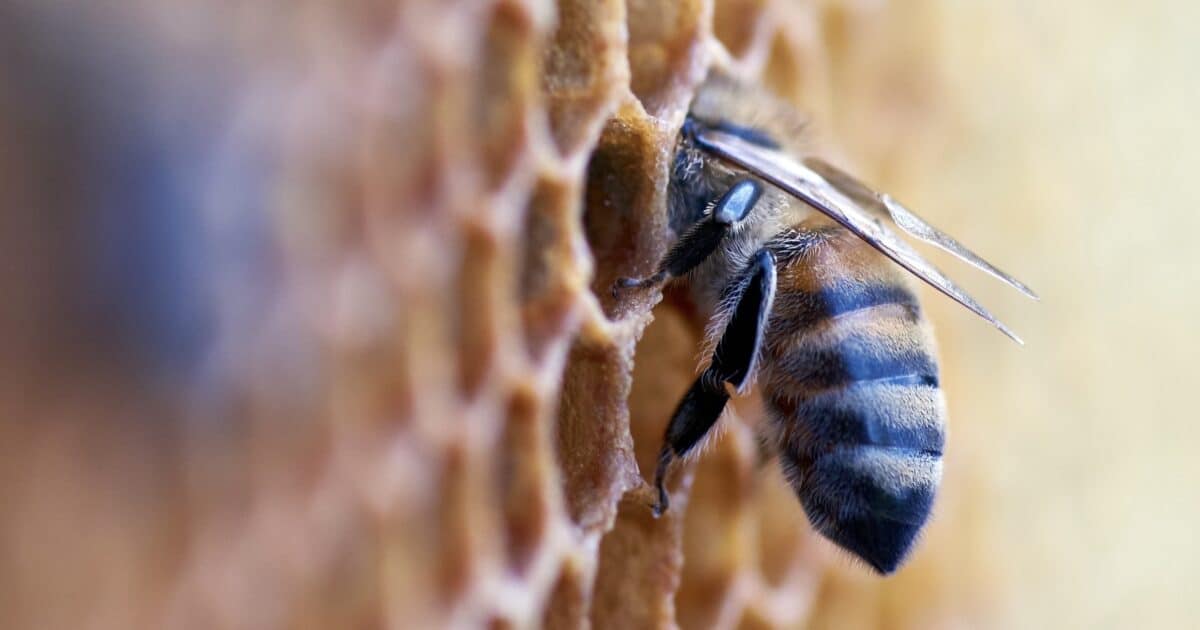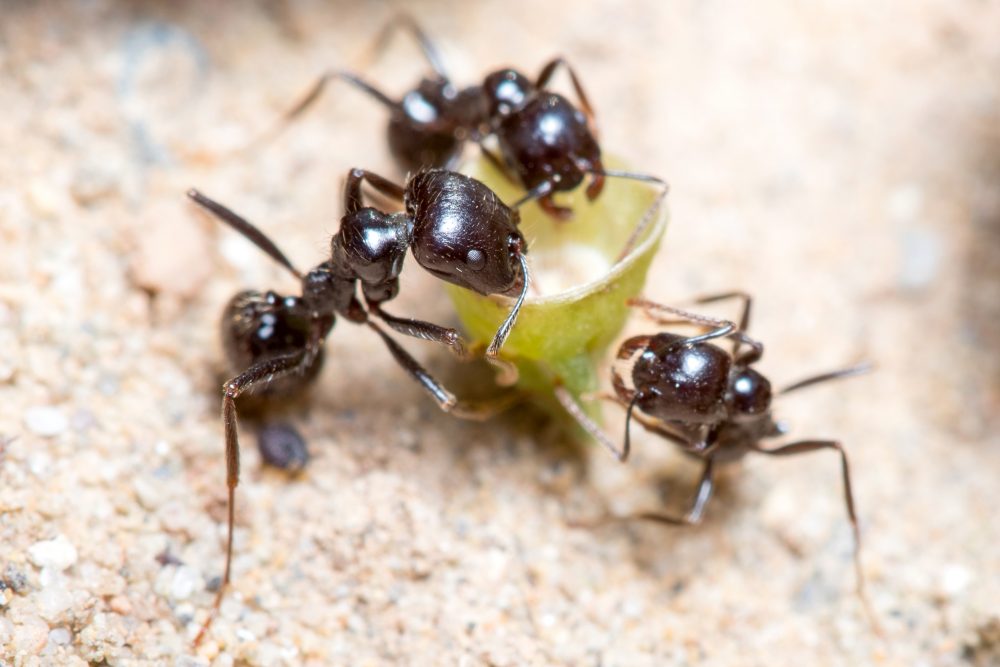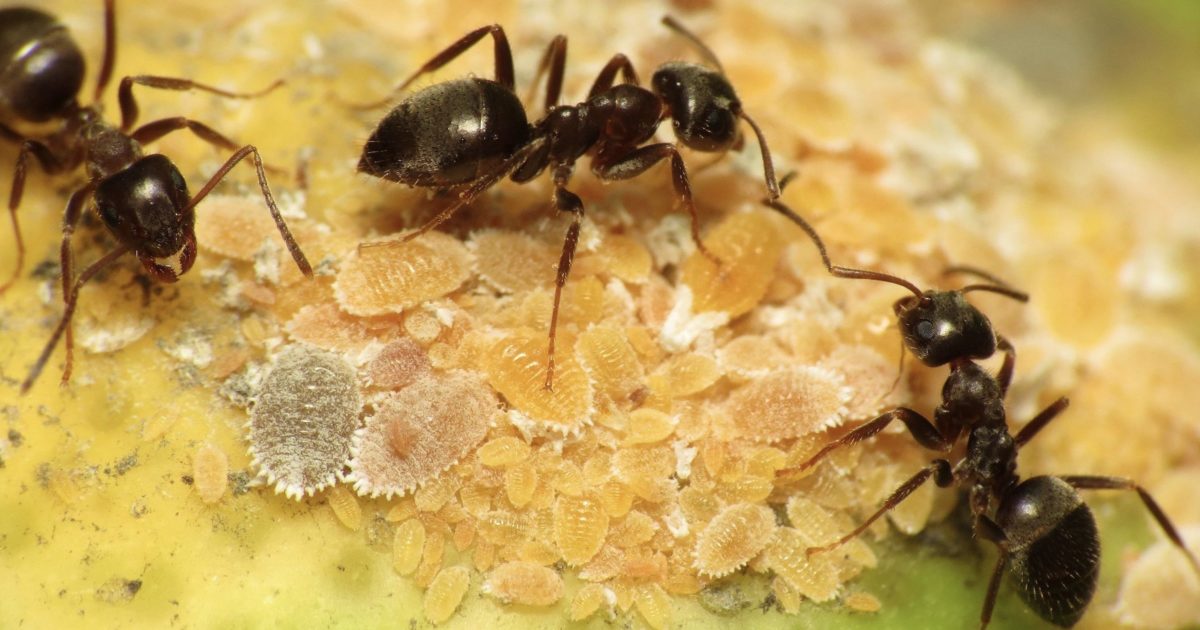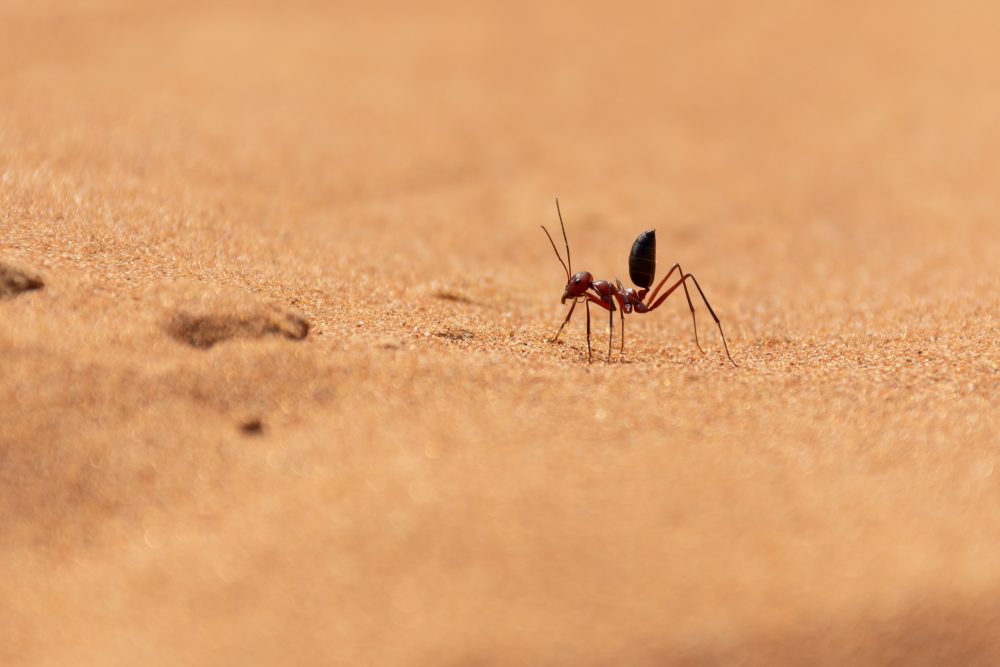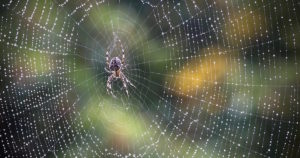Eric Cassell has a Bachelor’s degree in Biology (B.S. Biology, George Mason University), a Bachelor’s degree in Electrical Engineering (B.E.E., Villanova University), and a Master’s degree (M.A. Science and Religion, Biola University), which included the study of philosophy of science, the history of the relationship between science and religion, and various views of design in cosmology and biology. He has been an engineering consultant for the Federal Aviation Administration (FAA) and the National Aeronautics and Space Administration (NASA), with over forty years of experience in various aspects of systems engineering related to aircraft navigation, air traffic control surveillance, and safety systems. He is a technical expert in various aspects of the Global Positioning System. His experience also includes the development of several computer models of engineering systems. This included modeling aspects of human behavior (aircraft pilots and air traffic controllers). He has also authored over 30 published technical papers, as well as numerous other technical reports. He has had a long-term interest in various aspects of animal behavior and is the author of Animal Algorithms: Evolution and the Mysterious Origin of Ingenious Instincts. His work experience enables him to bring a unique perspective to analyzing aspects of animal behavior that appear to be the result of engineering design.

